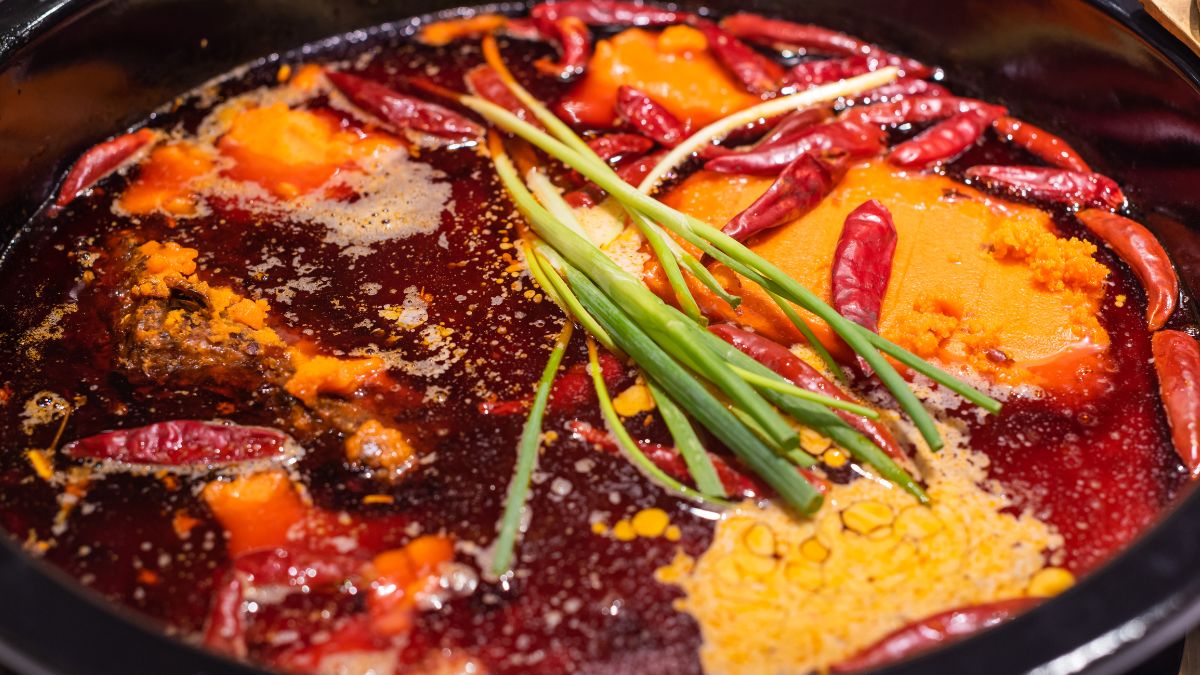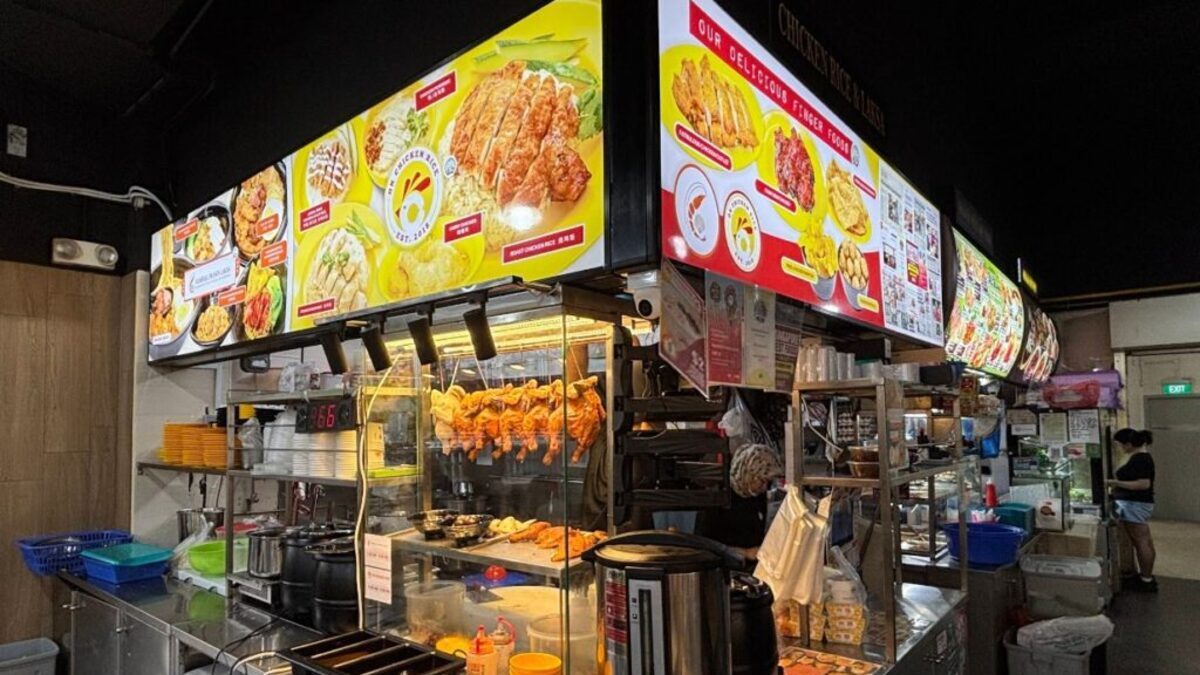Singapore delays “30 by 30” goal to 2035, revises local production targets for fibre and protein
Singapore has revised its “30 by 30” food production goal, extending the timeline to 2035 and scaling down certain targets amid challenges faced by local farms. The government plans new initiatives, including a shared multi-tenant facility, to help lower costs and enhance production efficiency.

- Singapore has shifted its local food production target timeline from 2030 to 2035.
- The government aims to produce 20% of fibre and 30% of protein needs locally by 2035.
- A new feasibility study will explore shared farming facilities to reduce production costs.
Singapore is extending its target to meet local food production goals from 2030 to 2035, as the nation’s agricultural sector faces high costs, manpower shortages, and farm closures.
The revised strategy, announced by Minister for Sustainability and the Environment Grace Fu on 4 November, includes new initiatives to support the struggling industry.
The original “30 by 30” vision, set in 2019, aimed to produce 30% of Singapore’s nutritional needs locally by 2030.
Following a year-long review, the updated plan now targets producing 20% of the country’s fibre needs and 30% of its protein needs by 2035.
Fibre includes leafy and fruited vegetables, beansprouts, and mushrooms, while protein covers eggs and seafood.
According to the Singapore Food Agency (SFA), local farms produced about 8% of fibre and 26% of protein consumed in 2024.
However, the 2024 food statistics report highlighted that only 3% of vegetables were locally farmed, with 34.4% of eggs and 6.1% of seafood sourced from domestic farms.
SFA clarified that the revised 8% fibre figure reflects a narrower definition that excludes rooted vegetables and bulbs.
Fu acknowledged that the 2030 goal was ambitious given Singapore’s constraints, including limited land—only about 1% of which is allocated for agriculture—and high operational costs.
The Covid-19 pandemic, inflationary pressures, and tighter financing conditions have further slowed sectoral growth.
“Like their peers in other countries, our local agri-food sector has faced headwinds,” said Fu at the Asia-Pacific Agri-Food Innovation Summit.
“This has led to delays in farm development and some exits, even as we witnessed new start-ups.”
Several local agri-tech firms, including I.F.F.I and VertiVegies, have shut down operations or abandoned expansion plans in recent years.
Additionally, around a quarter of sea-based farms exited the industry in 2024 due to rising costs and new sea space charges.
To reinforce food resilience, Singapore will now adopt a four-pronged food security strategy focused on import diversification, local production, stockpiling, and a new pillar—global partnerships.
Global partnerships aim to strengthen government-to-government food trade agreements that ensure continuity of supply.
This follows incidents such as Malaysia’s 2022 chicken export ban, which disrupted supplies.
Singapore has already inked agreements with Vietnam on rice and with New Zealand on essential food items.
Stockpiling remains a key part of the nation’s food resilience framework but applies mainly to foods with longer shelf lives, such as rice, frozen chicken, and canned goods.
In tandem, the SFA is exploring a multi-tenant facility concept designed to host various farms under one roof, sharing utilities, logistics, and processing areas to reduce costs.
SFA chief executive Damian Chan said the facility could potentially be the first of its kind globally and might be government-owned.
“If production costs are reduced, local farmers can lower prices and improve sales,” said Chan. “This will also ease regulatory and investment barriers for new entrants.” The feasibility study for this project is expected to take 12 to 18 months, with ongoing consultations with potential tenants.
This initiative is separate from the planned 390-hectare Lim Chu Kang agri-food hub, whose development was delayed alongside the Agri-Food Innovation Park in late 2024.
Findings from the feasibility study will inform long-term plans for intensifying land use in the Lim Chu Kang area.
Other support measures introduced recently include programmes to supply farms with baby fish and healthier eggs, and schemes to link local producers with consistent buyers such as eateries and supermarkets.
Meanwhile, cultivated and plant-based proteins will not form part of Singapore’s immediate food security strategy.
Despite Singapore being the first nation to approve cultivated meat for sale in 2020, Fu noted that high production costs and weak consumer uptake have limited commercial viability.
The SFA added that while alternative proteins may play a role in the longer term, efforts will continue in research and industry development to prepare for future opportunities.





